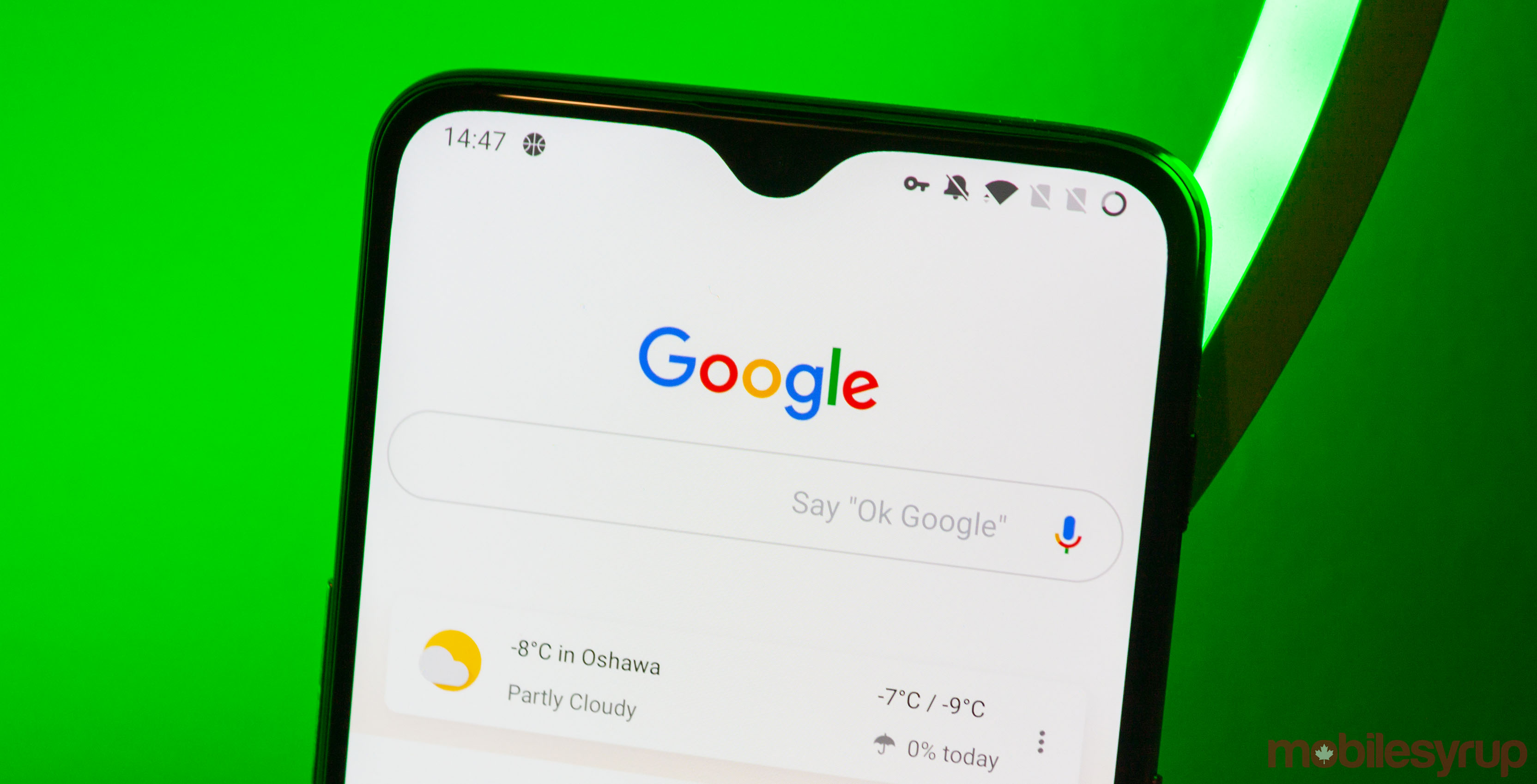
With Mobile World Congress (MWC) underway in Barcelona, Spain this week, Google published a blog post highlighting new technologies on display and how Android is adapting to make use of them.
Some of these include the impact of 5G and folding displays, while other highlights look to improvements in Google’s RCS efforts and better access to AI on mobile devices.
For one, Google pointed out that two recently announced folding devices — Samsung’s Galaxy Fold and Huawei’s Mate X — run Android. The search giant is looking forward to seeing more Android-powered folding devices in the future.
On the 5G front, Google merely highlighted that the first 5G phones run Android and that it hopes to help accelerate its adoption through 2019 and beyond.
Further, the company noted it worked with Qualcomm and MediaTek to bring support for Android’s Neural Networks API and machine learning kit (ML Kit). Some manufacturers have already utilized these technologies in apps, such as LG building Google Lens suggestions into the camera app on its new G8 ThinQ.
Google also took some time to boast about its Android One and Android Go efforts. The former is a program that collaborates with manufacturers to offer devices with faster software and security updates and a more Pixel-like Android experience, while the later is an optimized version of the OS for smartphones with 1GB of RAM or less.
Google says that thanks to its various Android One partners, such as Xiaomi, LG, Motorola and HMD Global, Android One activations grew 250 percent year over year.
At the same time, the search giant notes that Android Go accounts for over 50 percent of entry-level Android device activations.
Also on the software front, Google noted it’s working with several partners, including Huawei, Samsung and many European carriers to expand RCS. The search giant says it helped launch RCS with partners in 24 countries.
Finally, Google is taking Digital Wellbeing beyond Pixel and Android One devices. Samsung already incorporated it in the new S10 line, and Motorola will include it in the new G7 family of phones.
Overall, it looks like Google’s Android and software efforts are growing and adapting for new technologies, uses and more.
Source: Google
MobileSyrup may earn a commission from purchases made via our links, which helps fund the journalism we provide free on our website. These links do not influence our editorial content. Support us here.


